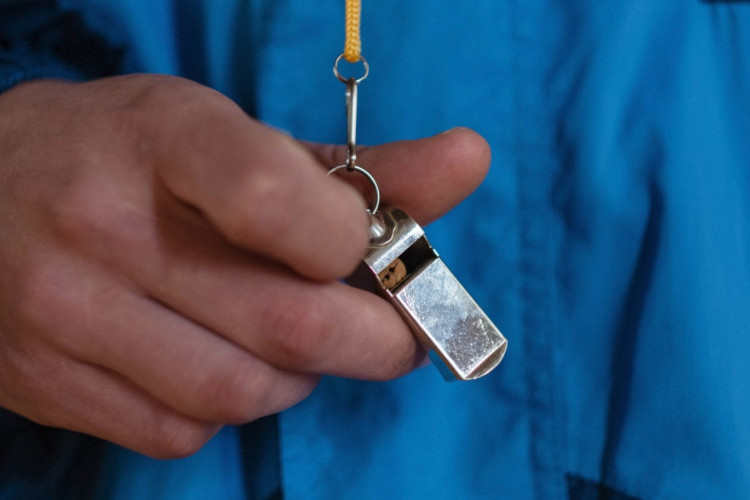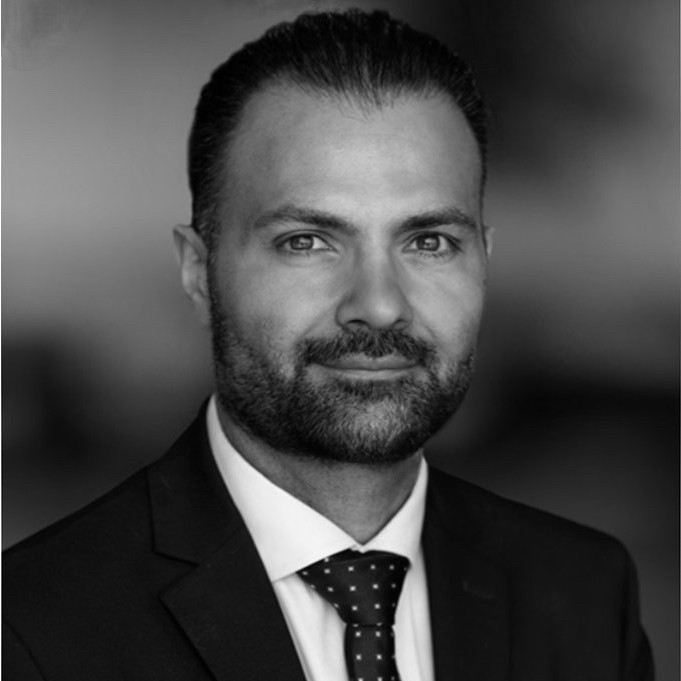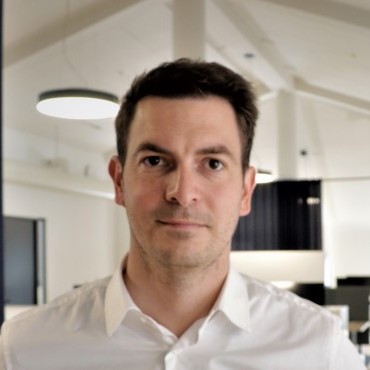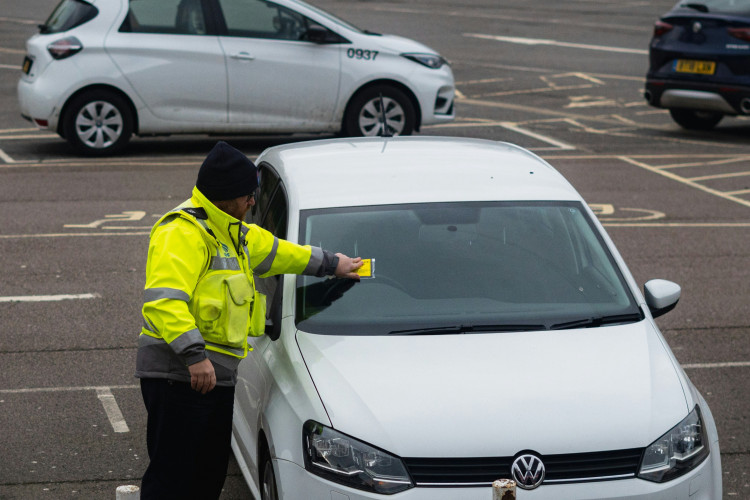Retail chains are often referred to as “voluntary chains”, as opposed to chains in which the individual shop (or similar establishment) does not have any freedom to decide its own course of action because it is owned by the owner of the chain.
The term “voluntary chains”, however, covers a broad range of ways of organizing a chain operation, including franchise operations. Although “franchise” is not defined in Danish law, it is still possible to point out some characteristics distinguishing a proper franchise from other types of voluntary chains — not least in terms of organization.
Accordingly, several retail chains in Denmark are organized in a more horizontal manner than franchise systems, as the members of the chains also are owners of the company or members of the association owning the right to the chain concept. In such systems, the chain mem- bers naturally have much more influence on the operations and running of the chain.
As a business format in Denmark, franchising has experienced rapid growth, not only over the past few years, but over the past decade. This development is based partly on foreign franchise systems entering the Danish market, but also on Danish firms expanding through the use of franchise systems, realizing and acknowledging the advantages of fran- chising as a business format.
Even though franchise systems are not confined to retail markets, this is usually where franchise systems are found in Denmark. Traditionally, franchising has been used as a business format for clothing and shoe stores, such as the brands Benetton, Claire, Bianco, and Vero Moda. However, other lines of business also are exploiting the virtues of us- ing a franchise system, including paint stores (Flügger A/S), opticians (Thiele Partner A/S), and furniture and kitchen stores (e.g., Jysk A/S, Nobia Danmark A/S, and Kvik A/S). Another important franchise mar- ket is the fast food sector, comprising franchise restaurants such as Burger King, McDonald’s, and Domino’s Pizza, as well as other types of food vendors.
Danish companies have not only chosen franchising as a way to pro- mote their businesses within Denmark, but also as a method to expand internationally. This group of companies comprises Aqua d’or (bottled mineral water), Bang & Olufsen (premium electrical equipment, mainly stereos and televisions), Jysk A/S (furniture, bedding, curtains, and other home furnishings), ID Design (furniture), Hi-Fi Klubben (HiFi equipment), and the clothing brands Bison Bee-Q, and Vero Moda.
This chapter presents a number of aspects of Danish law governing franchising, although in a non-exhaustive way. This generality should be seen in light of the fact that, in Denmark, there is no specific or ag- gregate set of rules regulating franchise systems. Every aspect of a fran- chise system and a franchise agreement is regulated through the general rules of law. Therefore, the focus here is on aspects of Danish law that will generally be of interest or relevance to all franchise systems.
For improved readability, this chapter discusses the different legal areas in the chronological order in which a franchisor will encounter the legal challenges, beginning with the franchise contract.
Læs hele artiklen
her.



















-medium.jpg)



-medium.jpg)